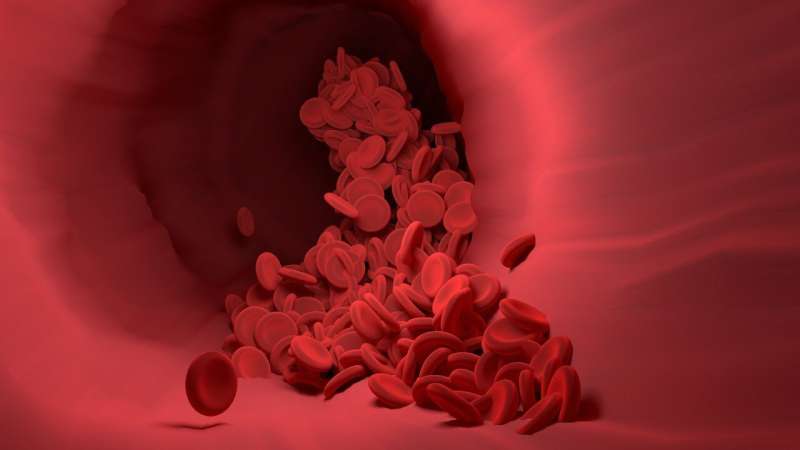Study Finds No Significant Protection from Moisturizers in Infants Prone to Atopy

A large U.S. study reveals that daily use of emollients in infants before nine weeks does not significantly prevent atopic dermatitis by age two, with varying effects based on family history and household factors.
A recent study led by Oregon Health & Science University has demonstrated that daily full-body application of emollients starting before nine weeks of age does not significantly reduce the risk of developing atopic dermatitis by 24 months in infants. The trial, part of the 'Emollients to Prevent Pediatric Eczema' research, involved 1,247 infants from various U.S. regions, including Colorado, North Carolina, Oregon, and Wisconsin. Participants' caregivers applied a bland moisturizer to the infants' entire bodies daily, excluding the scalp and diaper area if preferred, while control families refrained from routine emollient use. The findings showed that 36.1% of infants in the moisturizer group developed atopic dermatitis by age two, compared to 43.0% in the control group, indicating a modest but statistically significant reduction in risk. Interestingly, infants without a family history of atopy experienced greater benefits from the moisturizer intervention, with a 25% reduction in risk, whereas those with a family history showed a non-significant decrease. The study also observed that households with dogs experienced a stronger protective effect. Despite these nuances, the overall number-needed-to-treat was determined to be 15, implying that for every 15 infants treated, one case of eczema could be prevented. The research underscores that routine emollient use may not offer substantial benefits in high-risk groups but could be beneficial for low-risk infants. These insights contribute to ongoing discussions about early skin barrier intervention strategies for preventing atopic dermatitis in children.
Stay Updated with Mia's Feed
Get the latest health & wellness insights delivered straight to your inbox.
Related Articles
Innovative Findings Could Enhance Hemophilia A Treatments
New research identifies structural variations in factor VIII that contribute to treatment resistance in hemophilia A, paving the way for more effective therapies.
Advancements in At-Home Cervical Cancer Screening Through Protein Biomarkers
Innovative research validates cellular protein biomarkers, paving the way for affordable at-home cervical cancer screening methods to improve early detection and treatment worldwide.
Long-Term Air Pollution Exposure Linked to Heart Damage Detected by Cardiac MRI
Long-term exposure to fine air pollution is associated with early heart tissue damage, as revealed by recent cardiac MRI studies. This research highlights the cardiovascular risks posed by even low levels of air pollution and underscores the need for stricter environmental health policies.



